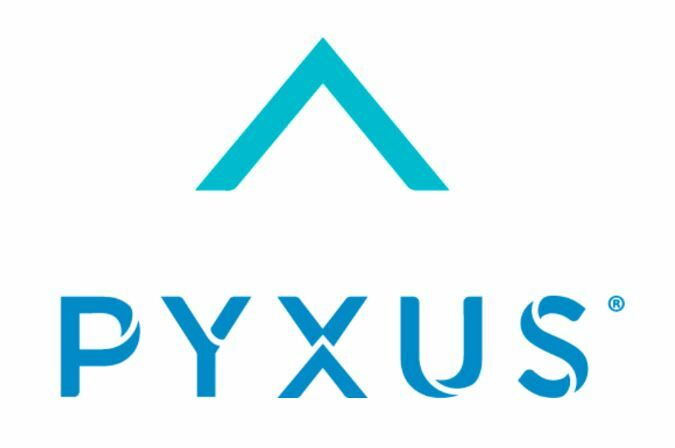
The Ontario government has passed legislation indicating that employers are not allowed to ask for a doctor’s note to cover the unpaid three sick days every employee gets off per year pursuant to the Employment Standards Act. This legislation achieves almost nothing. After more than three decades of advising employers and employees, I have yet to hear of an employer who asks for a doctor’s note for the first three days off.
It is important to note that if the employer is paying sick pay for the day off, they still have a right to ask for a note in exchange for their cheque. But unless employers suspect malingering or an abuse of a sick-pay plan, the vast majority do not have the time, energy or interest in requiring a doctor’s note to justify an absence for medical reasons. Sometimes, however, asking for a doctor’s note is an important tool for employers.
It is true that this practice frustrates family doctors and depletes the health-care hours available in the system for all of us. In some circumstances, however, it is hard to see what choice an employer has. While it is true that a doctor’s note can easily be obtained since doctors are reliant on their patient’s reporting, putting the employee to the trouble of attending a doctor’s appointment can be a deterrent.
There are a myriad of reasons why employers will ask for a note. The employee that seems to be sick only on Fridays or Mondays likely will receive a letter indicating that for their next absence they will be required to provide a doctor’s note confirming they were medically unfit to work and clearing them for a return to work before they can start getting paid again. Most people care about money and how big their paycheque is.
It is one thing to book a day off sick for no good reason and be willing to miss a day’s pay — it is another thing to face the prospect of perhaps missing three days’ pay before you can get that doctor’s note clearing you for a return to work. If an employer knows an employee is suffering from a particular illness or disability that leads to occasional absences, they can ask for a note that confirms the situation without requesting a diagnosis. Most employers take care of their good employees, they don’t put them through unnecessary grief.
Some employers try to control absenteeism by not paying sick pay or limiting the number of days of sick pay they provide a year. Some who do provide sick pay will offer a cheque at the end of the year for half the value of the unused paid sick days to motivate attendance. I have seen some employers eliminate paid sick days and instead give everyone a raise for the days they do show up for work.
That may be an overreaction. Letting a few bad malingering apples ruin the barrel for everyone is not fair to the good employees. Everyone gets sick sometimes.
The jury is out on whether or not employers are required to pay for the cost of a doctor’s note. More and more family doctors are charging to try to discourage this waste of their time. While there is no law requiring the employer to pay for the note, you are going to have a hard time disciplining an employee who claims they can’t get you one because they have no money to pay for it.
Best practice is to offer to pay the reasonable cost of obtaining the doctor’s note and ask for a doctor’s note only if you are truly concerned that this is not a real illness. If you are confident the absence due to illness is valid, there is no point in asking for a doctor’s note. If the employee is going to be off for an extended period of time and will be applying for EI sick pay, they will need an employment record from you indicating they are off due to illness.
I have never heard of an employer being chastised by Service Canada for issuing such an employment record without seeing a doctor’s note. If you are going to ask for a doctor’s note, allow for a reasonable amount of time. Give the employee a week to provide the note or even better, two.
If you are not dealing with a union, avoid hard and fast rules about how much or how long an absence will trigger the need for a doctor’s note. If you adopt a rule that after three consecutive days of absence a doctor’s note must be provided, then you may eventually get into trouble if you don’t enforce that universally. You are going to feel like a heel asking your 20-year faithful employee for a doctor’s note after her third day in hospital for a heart attack.
Apologies to the frustrated doctors out there, but I don’t think these notes are going to disappear soon. ..














